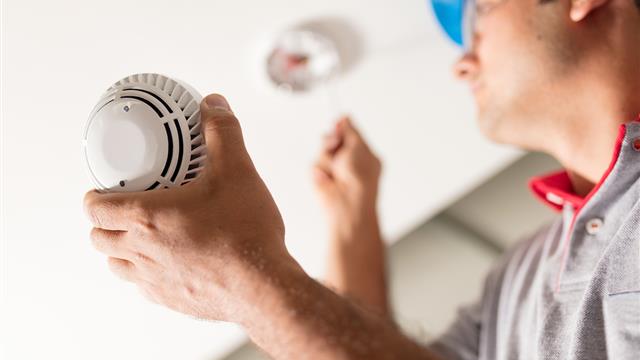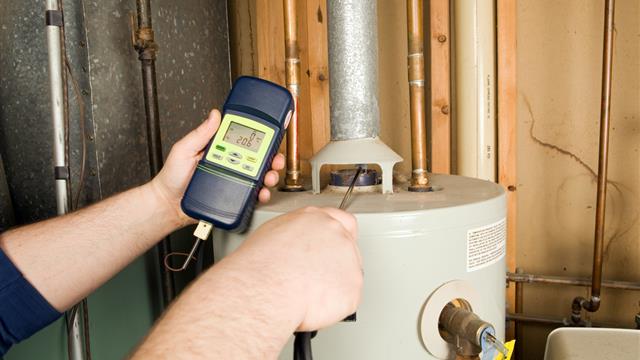Winter boiler care for landlords
Published on: November 1, 2023
Updated on: January 12, 2024

With the nights getting darker and the cold weather starting to bite, it’s the worst time of year for your boiler to break down.
If the worst happens and the boiler does stop working, your property will be without heating and hot water until you get it fixed.
It’s not all doom and gloom, though, there are plenty of things you can do to keep things ticking over and your tenants warm this winter.
Regular servicing
Getting your boiler serviced regularly will help keep it in good condition and identify any faulty parts that need to be replaced. It’s a good idea to book your service before winter sets in to make sure your boiler is ready to go when you need it most.
Protect your pipes
Insulating your pipes is one of the best things you can do to prevent your boiler from freezing in winter. This is an especially important job if your boiler is kept in an outhouse or garage, where it’s more exposed to the cold.
You can buy something called lagging from most DIY stores that fits around your pipes and keeps them warm. It’s easy to fit and could save you a lot of money on repairs.
Another way to stop your pipes from freezing is to keep your heating on at a low temperature throughout winter and set the timer for when you want it to increase.
Bleed your radiators
Sometimes air can get trapped inside your radiators and prevent warm air from circulating around them effectively. You can tell if a radiator needs bleeding when it’s cold at the top and warm at the bottom.
If you don’t bleed a radiator when this happens, it takes much longer to warm a room up.
You can do it yourself by following these simple steps:
- Switch the heating on and check for radiators with a cold patch at the top.
- Turn the heating off and put a cloth or a container underneath the radiator you want to bleed to catch any water - make sure you let the radiator cool down first.
- Use a radiator key to open the bleed valve, and wait until the hissing stops and water starts to flow out steadily.
- Close the valve and switch the heating back on.
- Check the radiators - they should heat up right to the top.
Monitor the pressure
The pressure gauge on your boiler can be a good indicator of any problems. The pressure on a boiler that is working properly should be between 1.0 and 1.5 bar.
If you do regular checks, you can spot a potential issue before it leads to a bigger problem.
If the pressure is too low, it could mean you’ve got a leak. If the pressure is too high, the system might need bleeding, or the boiler could need some maintenance.
Look out for leaks
Doing regular checks for leaks could save you a lot of money on repairs. Look for any signs of a leak around where you keep your boiler or anywhere it sends hot water to.
If you catch a leak early you can help to avoid the widespread damage that water escapes can cause.
Boiler cover
Have you got the right insurance in place? If the worst does happen and your boiler packs up in the middle of winter, having cover can help you get things get sorted.
Churchill offers Boiler Cover as standard if you take out a Buildings Insurance policy with us.
Boiler Cover doesn’t include boiler servicing and all claims are subject to a £200 excess. Cover is provided by HSB. Check out our policy booklet for the full terms and conditions.



